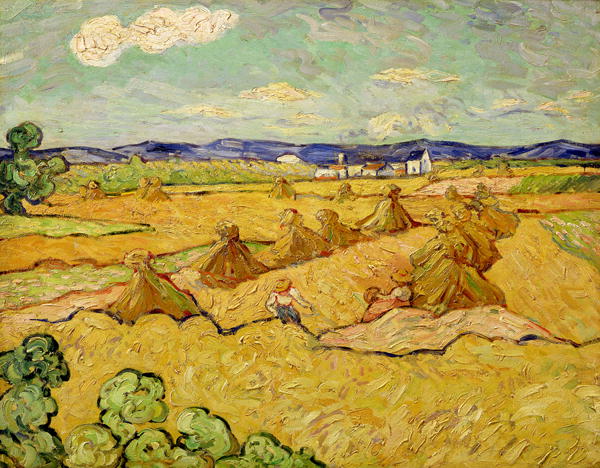Note: If you wish to receive, via e-mail, (1) my weekly newsletter or (2) daily copies of these posts, write to me at rrbates1951@gmail.com. Comments may also be sent to this address. I promise not to share your e-mail with anyone. To unsubscribe, write here as well.
Sunday
As we move into the summer holidays, here’s a Mary Oliver poem reminding us that learning doesn’t have to stop at the end of the school year. Her mission in life, as she sees it is
to look, to listen,
to lose myself
inside this soft world –
to instruct myself
over and over
in joy,
and acclamation.
Oliver talks about herself as a good scholar, taking lessons from nature’s daily presentations. And those presentations don’t have to be exceptional, fearful, dreadful or “very extravagant.” She can learn all she needs from “the ordinary,/ the common, the very drab.”
The poem reminds me of William Wordsworth’s “The Tables Turned,” where the poet tells us to turn from our books and go for a walk in the woods. He informs us,
One impulse from a vernal wood
May teach you more of man,
Of moral evil and of good,
Than all the sages can.
Oliver’s use of “needle in a haystack” is interesting. Normally, we think that looking for such a needle is a hopeless task, but for Oliver, the haystack is a world made of light, meaning that every day she finds something in it that “kills me with delight.” “What I was born for” she essentially tells us, is to participate in the wonder of God’s creation. Prayers are made out of grass.
Mindful
Every day
I see or hear
something
that more or less
kills me
with delight,
that leaves me
like a needle
in the haystack
of light.
It was what I was born for
– to look, to listen,
to lose myself
inside this soft world –
to instruct myself
over and over
in joy,
and acclamation.
Nor am I talking
about the exceptional,
the fearful, the dreadful,
the very extravagant –
but of the ordinary,
the common, the very drab,
the daily presentations.
Oh, good scholar,
I say to myself,
how can you help
but grow wise
with such teachings
as these –
the untrimmable light
of the world,
the ocean’s shine,
the prayers that are made
out of grass?
The phrase “what I was born for” may be taken from, and a response to, a poem by Gerard Manley Hopkins, a nature-loving poet that I suspect Oliver admires. The phrase memorably shows up in “Spring and Fall” where Hopkins asks Margaret why she is weeping in the presence of autumn’s leaf fall: “Márgarét, áre you grieving/ Over Goldengrove unleaving?” He concludes that she is thinking of her eventual death, observing, “It is the blight man was born for,/ It is Margaret you mourn for.”
Rather than focusing on the blight of death, however, Oliver focuses on “the untrimmable light of the world.” As she sees it, death won’t trim life’s candle because the world is bigger than any individual. Nor did Oliver ever have the experience that Hopkins predicts for Margaret: “Ah! ás the heart grows older/ It will come to such sights colder.” Up to the very end, Oliver described herself as “a bride married to amazement,” a phrase that appears in “When Death Comes”:
When it’s over, I want to say all my life
I was a bride married to amazement.
I was the bridegroom, taking the world into my arms.
And the conclusion:
I don’t want to end up simply having visited this world.
There’s no doubt that Oliver would endorse an old rabbinical saying: “There’s only one question God will ask us when we meet him after death: ‘Did you enjoy my creation?’” As she advises in “In Blackwater Wood,”
To live in this world
you must be able
to do three things:
to love what is mortal;
to hold it
against your bones knowing
your own life depends on it;
and, when the times come to let it
go,
to let it go.


